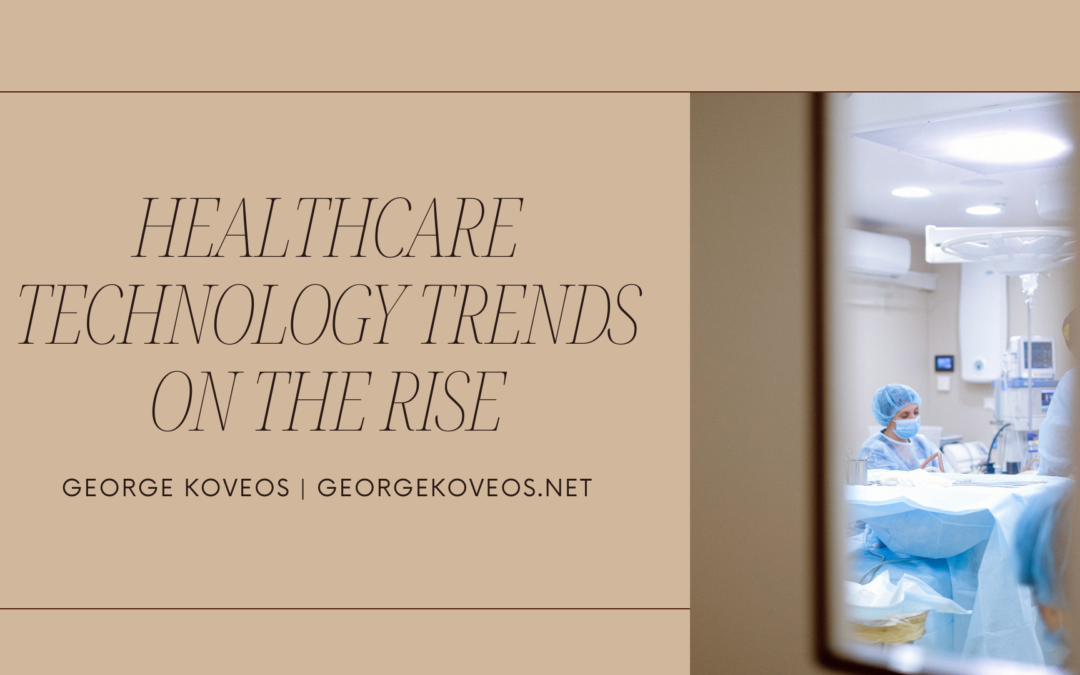Telemedicine, remote healthcare, and virtual and augmented reality are emerging trends in the healthcare industry. These trends are not cyclical like fashion. Initiating a major shift usually takes some time. For example, the adoption of digital technologies did not take place overnight. Some of the new trends gained traction in response to the pandemic, including:
- Integrating in-person and virtual models
In the wake of the pandemic, the need for physical distance accelerated the use of “telehealth” and virtual care. However, it will not replace in-person care. Instead, patients can expect a hybrid approach that incorporates the best features of both approaches. Video consultations will become more common for initial consultations.
- Digitalization of healthcare specialties
There is an increase in the use of digital pathology in healthcare specialties – an example being digital pathology. A pathologist once had to carefully examine slides under a microscope. But now, the photos can be digitally captured and viewed on a computer screen, allowing for other studies or consultations.
- Adoption of artificial intelligence
Compared to other industries, healthcare has been slower to adopt and integrate AI and artificial intelligence. But a floodgate of applications now exists – from scheduling to identifying anomalies in imaging. In the future, as programs become more advanced, they will be able to handle more complicated tasks. Furthermore, patients are beginning to trust AI, which will be a major factor accelerating its adoption.
- Cloud-based health systems
Technological advances drive many trends, so moving health systems to the cloud will be essential. There are many networks in the healthcare industry, including:
- Patients
- Doctor’s offices
- Radiology labs
- Hospital systems
- Universities
- Pharmacies
- Health insurance companies
Cloud-based platforms enable novel systems like patient portals, providing interoperability and the ability to send information securely from anywhere at any time.
- Advances in precision medicine
Precision medicine” has become a hallmark of our digital age, in which genetic testing has become available, and wearable technology like Fitbits can read vital signs instantly. Cancer patients are benefiting from precision medicine through immunotherapy, which is also used to treat cystic fibrosis patients with specific gene mutations. Digital imaging and 3D printing have also made it possible for people who need medical devices to get them customized and sized as needed. Advances in AI are only accelerating the progress of precision medicine.
